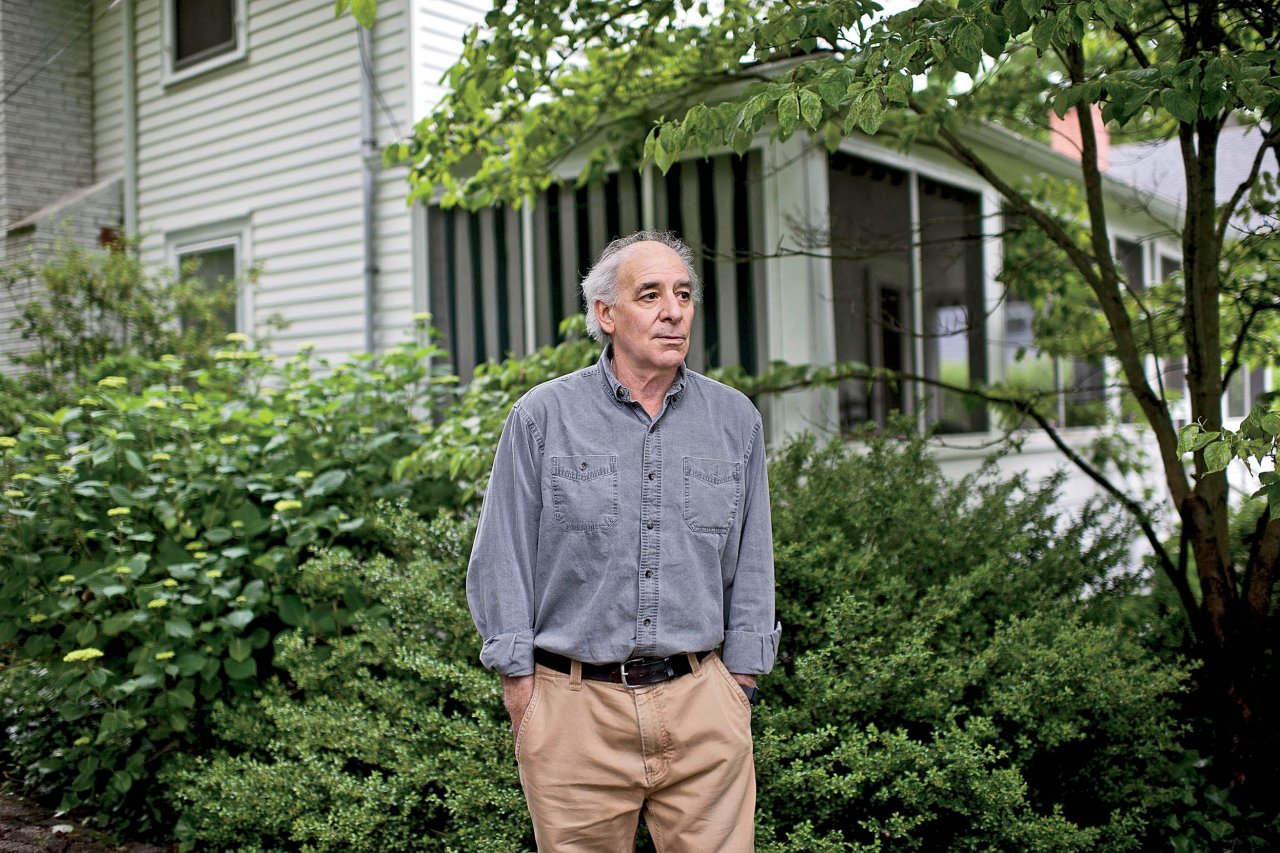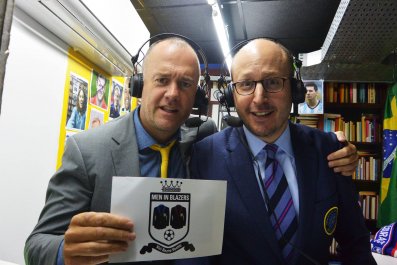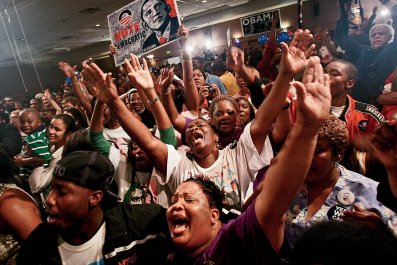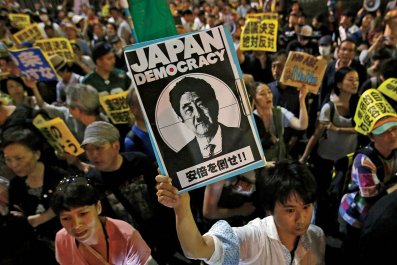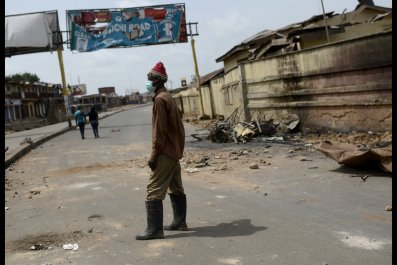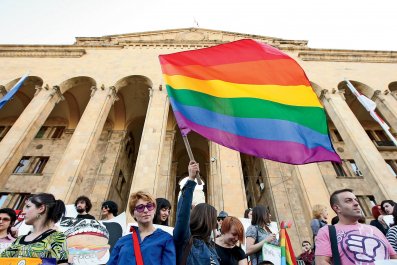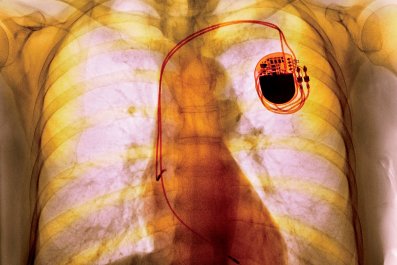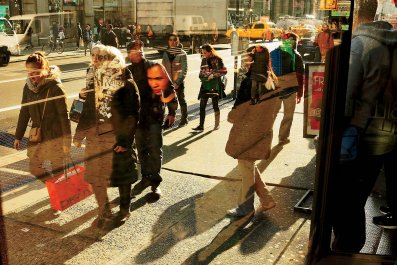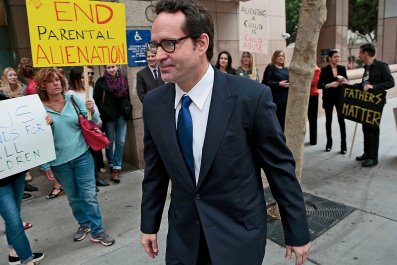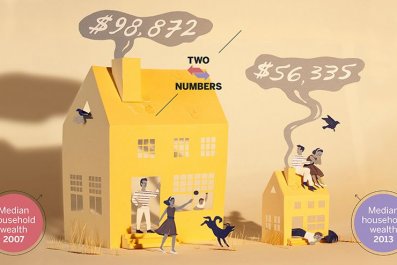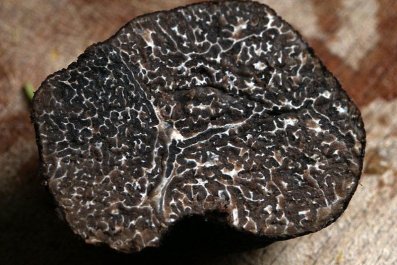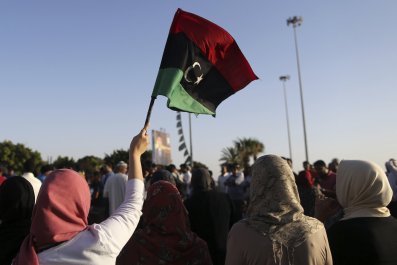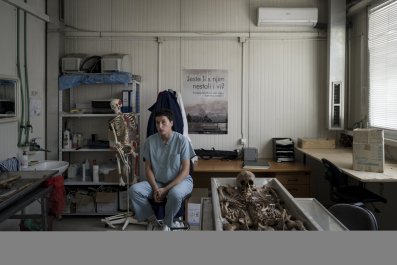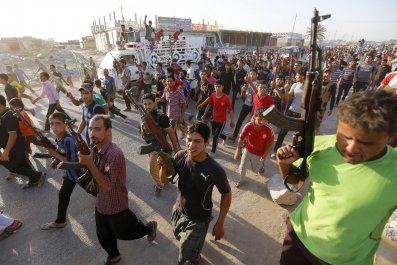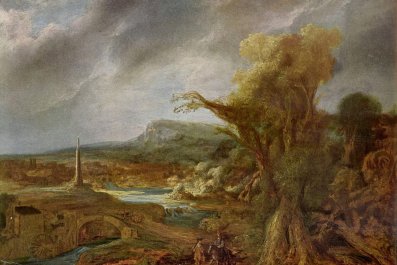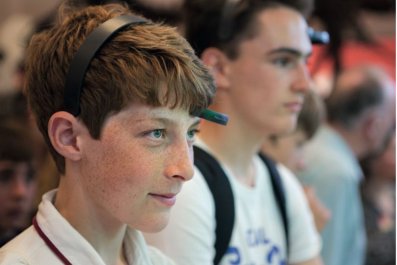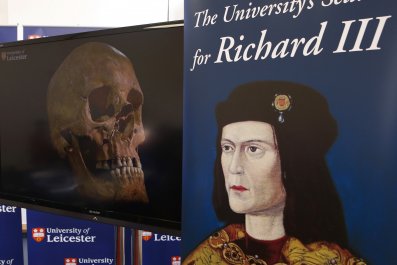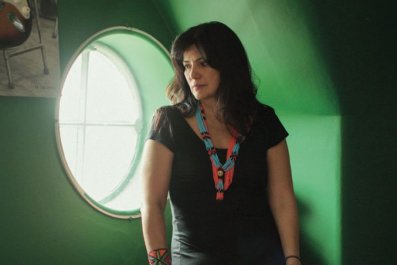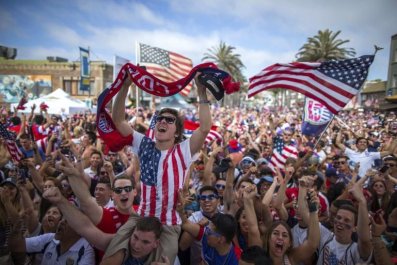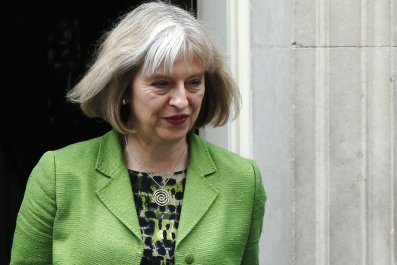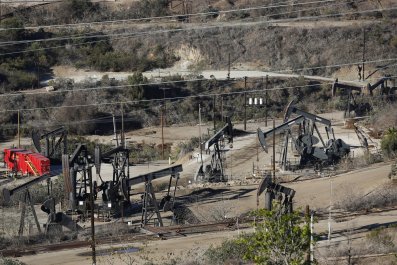On a Wednesday night in June, best-selling spy novelist Alan Furst was reading from his latest, Midnight in Europe, at Kepler's Books, an independent bookstore with a counterculture pedigree in Menlo Park, California. There are a few odd characters—the homeless guy looking for free wine and cheese (there was none), the random questioner who sounded as if he was on acid—but for the most part, these were Furst's people: white-haired men who care about the early years of World War II in which all of his novels are set (Random House releases them every two years on Father's Day, a nice gift alternative to a pipe or a tie)—and a surprising number of women.
"A lot of my success in the last couple years is that I have had more and more women readers," Furst said over lunch earlier that day at San Francisco's Perbacco. "I have strong independent women in these books, and women like to read about themselves just like men do."
When he says "independent," he means women who are not adjuncts to male desires. The hero of Midnight in Europe, the 13th in the Night Soldiers series of loosely connected historical espionage narratives, is Christian Ferrar, a Spanish native working for the legendary Coudert Brothers law firm in Paris. As the book opens in December 1937, we see Ferrar in New York, reading the news about the Spanish Civil War and wondering rather idly what he can do about it. He seems far more interested in meeting his American love interest, Eileen Moore, "an Irish girl, raised in the Bronx, now, in her early thirties living a Manhattan life." She works at the library, is a friend of writer Dawn Powell, keeps a "Help Spain" jar on her desk. And, like Ferrar, she likes sex.
Their meeting, in a Murray Hill tavern, is all anticipation: "Her hand tightened on his knee. Their eyes met, followed by a pair of knowing smiles. Grins, almost."
But when they separate, as work and later espionage force them to, Eileen remains her own woman. "When I say I write for women, women know that too," Furst continued. "I'm not going to write a book where she is waiting for this guy and he's off fucking nine other women. That's a different book, and that's a different writer."
There is a rather gentlemanly quality to Furst's fiction—not just in the way his heroes treat their women but in the manner the men themselves are drawn to danger. Like the French film producer Jean Casson, hero of The World at Night and Red Gold, Ferrar would rather be pursuing women and good food than trying to smuggle guns to the Loyalists losing to Franco's fascists in Spain, but something like a conscience starts to prick him.
Ferrar makes the acquaintance of Max de Lyon, an arms merchant with underworld ties now pursued by the Gestapo, who questions the lawyer's interest in la causa. "'Now Senor Ferrar, if you don't mind a personal question,'" de Lyon asks, "'can you tell me what you're doing here?' The question was courteous, but there was a jovial, unstated the hell after the what."
Ferrar's answer is classic Furst: "'To fight Franco, to fight them all; Hitler, all those who aspire to be Hitlers. … I don't mean to give a speech but the subject forces you to, doesn't it." The author doesn't end the quote with a question mark, for in the world of Alan Furst, the only question for his characters is whether they will remain asleep or awaken to the threat that surrounds them—which means, for Ferrar, helping to smuggle arms against a sea of troubles.
Furst's reading that night was short and lively. He drew on several Parisian scenes involving de Lyon's encounter with S. Kolb, one of Furst's recurring characters ("a meager little man no one ever noticed and a spy"), and the mysterious Professor Z. Their meeting is delphic—de Lyon is pursuing every angle for getting weapons to the Loyalists, which the Germans and Italians are trying to prevent—but the mere mention of Spain prompts this metaphor from the professor: "Europe is a nice neighborhood with a mad dog. Just now the dog is biting Spain, and nobody else in the neighborhood wants to get bitten, so they look away."
Furst's own awakening came after a chance visit to the Soviet Union in 1983; it was his first encounter with a police state. "I had one particularly unpleasant experience and—I don't know if you can quote this—I thought, OK, I'm going to go home and get behind my typewriter, and I'm going to fuck you, and I'm going to fuck you good!" he recalled. "And I've been doing nothing else for 13 books. I just became what I call an anti-fascist novelist. There is no word that covers both the fascists and the Communists, which mean different things to people, but of course they're the same: they're tyranny states."
Asked why he didn't try to write about the Soviet Union (his first spy book, Night Soldiers, owes a debt to Arthur Koestler's anti-communist classic Darkness at Noon), Furst said, "I have no interest in writing about anything contemporary. None." His first four novels were contemporary and more comic, and he dismisses them as "trashy."
"They were about sex and drugs and rock and roll," the 73-year-old author said. "I knew I could write well, but I had nothing to write about.
"You have to have heart's passion to write a novel," he continued. "Matthew Arnold, of all people to mention during a lunch in San Francisco, says in one of his essays that a book must have moral purpose. And you know what? A book must have moral purpose to be any good. Why, I don't know."
Though the action of Midnight in Europe is driven by events of the Spanish Civil War, Furst doesn't try to explain the conflict. "It is so complicated that everything you say requires you to say three more things, and each of those things requires you to say three more things," he said. "And I don't want to teach anybody anything; that's not what I do. I am there to entertain. I call my work high escape fiction; it's high, it's good—but it's escape, and I have no delusions about that. I have no ambition to be a serious writer, whatever that means."



